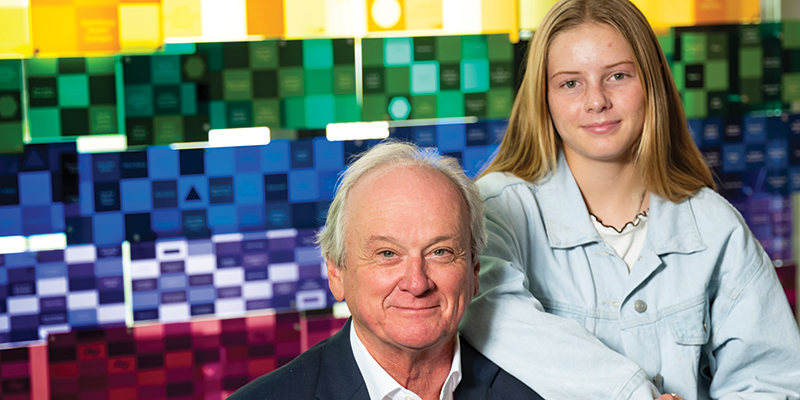Search
Research
High-dose intramuscular Vitamin D provides long-lasting moderate increases in serum 25-hydroxVitamin D levels and shorter-Term changes in plasma calciumIntramuscular injection of a large bolus of Vitamin D effectively increases serum 25-hydroxyVitamin D levels without evidence of metabolic abnormality.
Research
Incidence of and risk factors for hospitalisations due to vascular complications: A population-based type 1 diabetes cohort (n=1316) followed into early adulthoodDetermining the incidence of hospitalisations and risk factors for vascular complications experienced during early adulthood in patients with childhood T1D
Research
Exploration of the Performance of a Hybrid Closed Loop Insulin Delivery Algorithm That Includes Insulin Delivery Limits Designed to Protect Against HypoglycemiaThe algorithm that was tested against moderate exercise and an overreading glucose sensor performed well in terms of hypoglycemia avoidance
Research
Efficacy and safety of sirolimus in a neonate with persistent hypoglycaemia following near-total pancreatectomy for hyperinsulinaemic hypoglycaemiaThis study looks at hyperinsulinaemic hypoglycaemia, as characterised by inappropriate insulin secretion, as it is the most common cause for persistent...
Research
Cardiac autonomic dysfunction is associated with high-risk albumin-to-creatinine ratio in young adolescents with type 1 diabetes in AdDITThis study examined the association between cardiac autonomic dysfunction and high albumin-to-creatinine ratio (ACR) in adolescents with type 1 diabetes.
Research
The effect of oral insulin on subcutaneous insulin requirements and glycaemia in T1DMLiz Tim Davis Jones MBBS FRACP PhD MBBS DCH FRACP MD Co-director of Children’s Diabetes Centre Co-head, Diabetes and Obesity Research Co-director of

News & Events
Smooth sailing for Drina thanks to burden-breaking technologyRecent diabetes technology is helping 12-year-old Drina keep on top of her condition and be independent, while significantly easing the disease burden on her family.
Research
Contributions of digital technologies for resilience capacity in a type 1 diabetes transition clinic: A qualitative studyA type 1 diabetes (T1D) transition clinic in Sydney, Australia, provides age specific care for young adults (aged 16-25 years) and for adults (aged 21 years and above), and has reported improved clinical outcomes post transition to adult care over a 21-year period. This study investigated the contribution of digital technology to long-term resilient capacity of the clinic.
Research
Advances in Automated Insulin Delivery with the Medtronic 780G: The Australian ExperienceTo assess the real-world performance of MiniMed™ 780G for Australians with type 1 diabetes (T1D) following advanced hybrid closed loop (AHCL) activation and to evaluate the effect of changing from MiniMed 670/770G to 780G.
Research
Improved Glycemic Outcomes With Diabetes Technology Use Independent of Socioeconomic Status in Youth With Type 1 DiabetesTechnology use in type 1 diabetes (T1D) is impacted by socioeconomic status (SES). This analysis explored relationships between SES, glycemic outcomes, and technology use.
